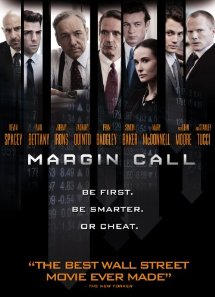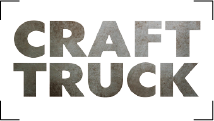The guys at Before the Door (a partnership between Neal Dodson, Corey Moosa & Zachary Quinto) have been tearing up the independent film scene over the last couple of years. Their first film Margin Call, needs no introduction. It has become the poster child for the new independent VOD, Super VOD model; you name it, it was a trendsetter. Their second major film is director J.C. Chandor’s follow up film, All is Lost, starring Robert Redford. As of this posting, All is Lost comes out this weekend in New York and LA and then rolls out nationwide.
What’s great about Neal and Corey, and their company, is their attitude and passion for independent film.
We cover a lot of ground in the podcast, from packaging, to financing, to puke rigs (yes, puke rigs…), it’s just a fun time with these guys and we’re excited to share it with you.
On the value of short films:
Generally, what I think they do now has changed a lot because of the internet and there’s a platform for them to be seen. Before, the film would make the festival circuit and disappear after that. If you were lucky, an airline might buy it along with a series of shorts. Now you can self distribute that content as much or as little as you want to… We’ve worked with a lot of first time writer/directors and there’s no way we would have been able to have made things work if each of them didn’t have a short film, a sample of their work, to sell them around town.J.C. Chandor had a short film and it was great to say to people who asked, “what has he directed before?”, here is a link you can watch. It showed he knew how to tell a story with a camera. It wasn’t particularly applicable to Margin Call, but it was nice to show them something he had done.
Making Margin Call
It’s pretty clear that Margin Call was driven by passion. As Neal says:
This is it. This is the movie. This is the perfect first movie for us. We should just do anything we can to get this movie made. The equity financier came in and wrote a check for first time producers, first time director, on an adult drama with no distribution at all. And so, that was a pretty risky check.- Neal
It was a movie where they knew they had great material and they weren’t going to give up until it got made. It’s that single minded laser like precision which is a major take away for anyone looking to get their film made. The resulting actor list and success all happened because of the initial commitment not to let anything get in the way of making their first film. And while the results speak for themselves, the take away isn’t the result, the take away is the process.
Has Margin Call changed the way you approach film?
It changed everything for us. This VOD platform, which nobody was looking at anything but a death sentence has turned into a really really cool venue where the right movie can succeed. It’s reaching a huge audience. There are certain films that should be in theatres and there are certain films that their real platform is VOD. We have these small theatrical components to our next two movie, Breakup At a Wedding and Banshee Chapter- Corey
How do you package a movie?
The first part of this process – we have to find a piece of material that speaks to each of us, myself, Neal and Zach… we’re just interested in something that is compelling.- Corey
It’s hard to make a good movie. It’s hard to make a bad movie. So you might as well make a movie that you like.- Neal
Financing Independent Film:
For a first film, the process is actor based. You hope the material will grab actors – the process is always that to a certain extent – but, then we generally put a “finder” of some sort on our movies… they help us find the actors and financiers and put us in the room. If you have a great piece of material and you are able to get an actor that makes the material worth $X to distributors, and you can set it up so that the distributors are able to say that before you’ve made the film… then you take those contracts to a bank, then you can borrow what you need from a bank.- Neal
Neal goes into quite some detail on the process of financing films at the end of the podcast – so enjoy the podcast, and don’t forget, if you like Craft Truck stuff… sign up for more below.
Thanks for listening!
If you enjoyed this article, get email updates (it’s free)


